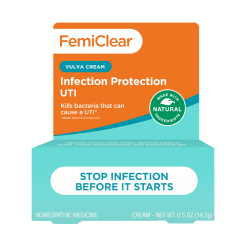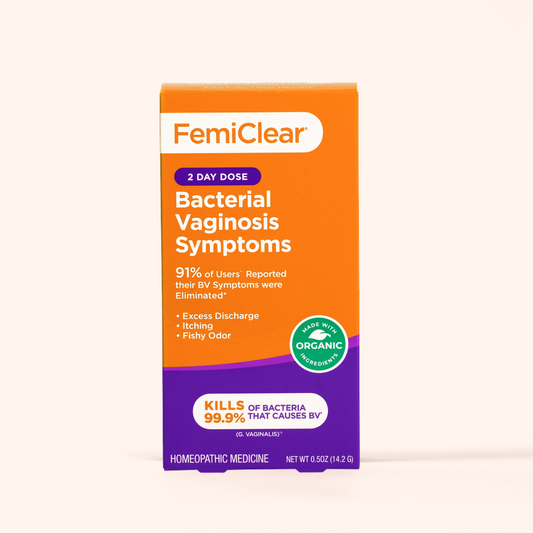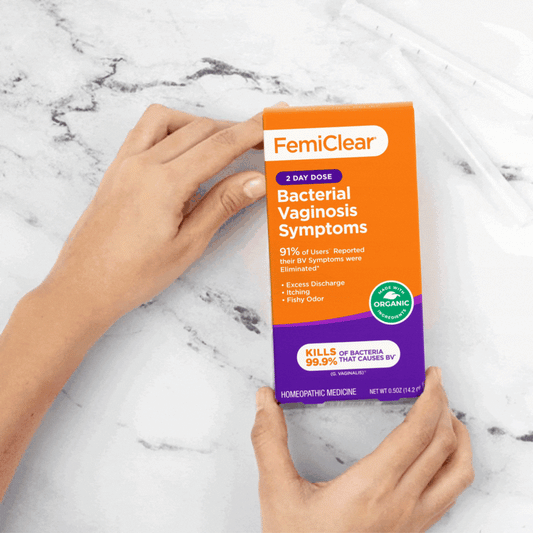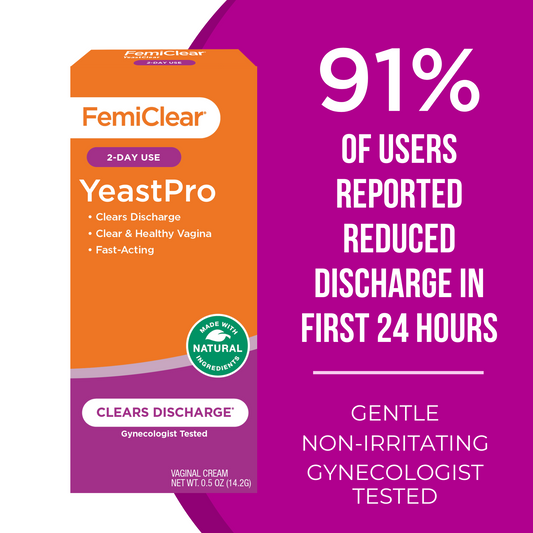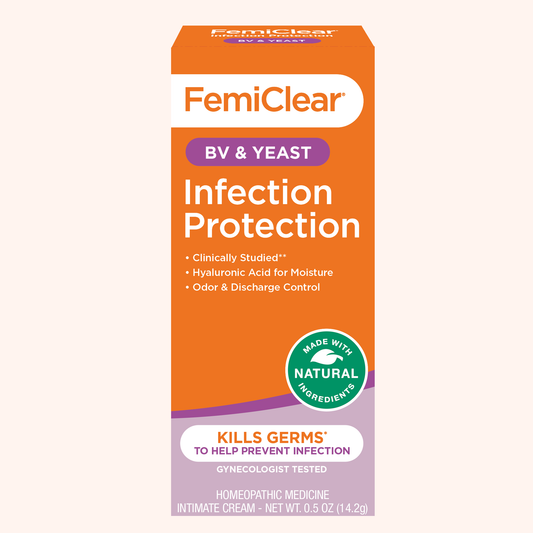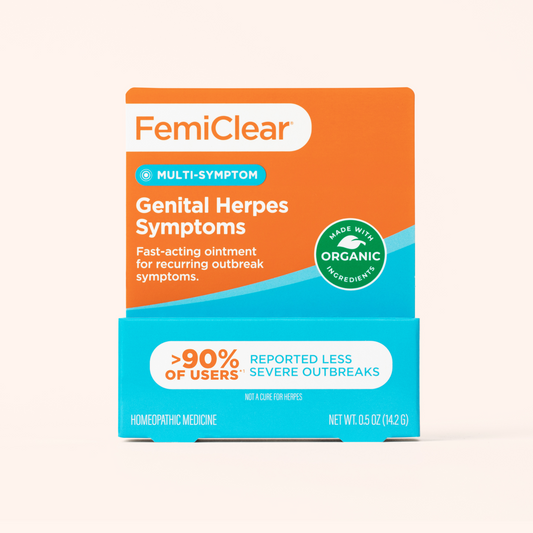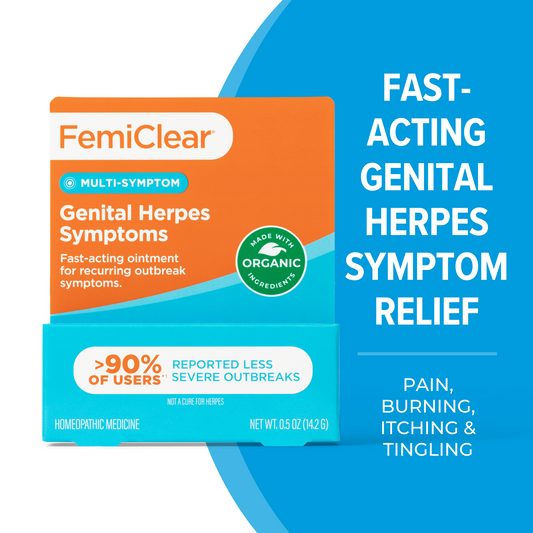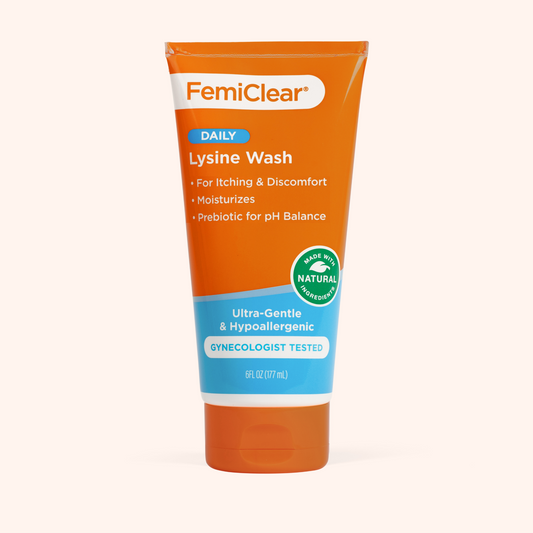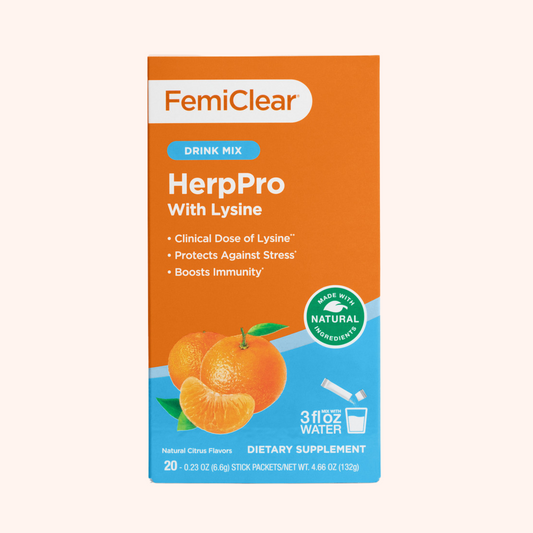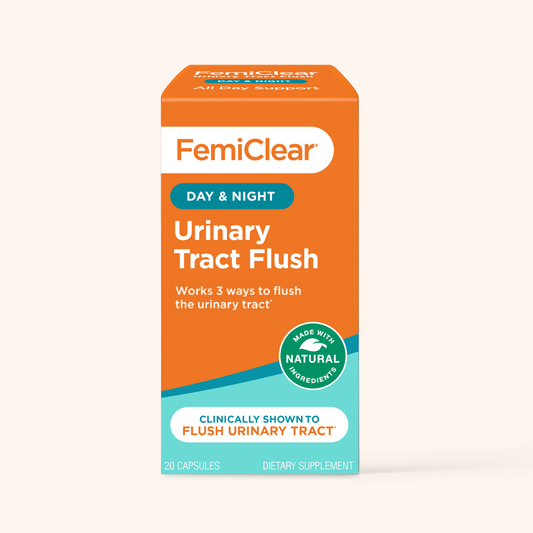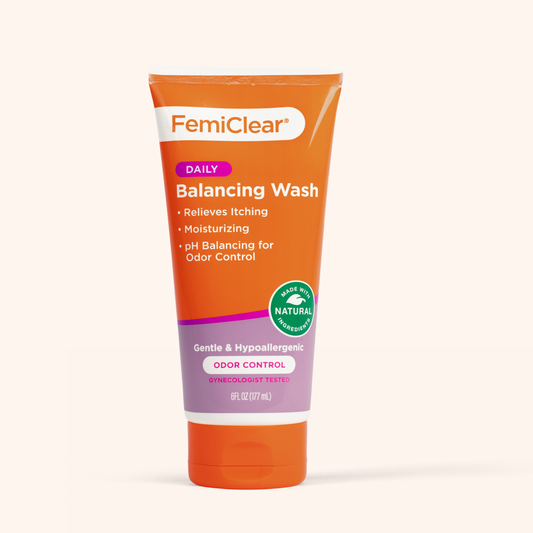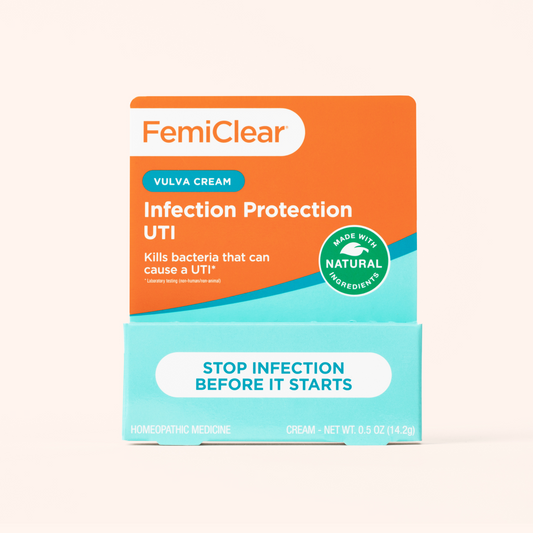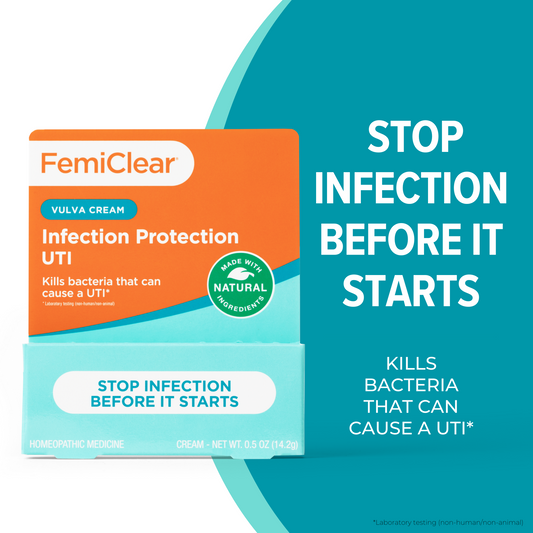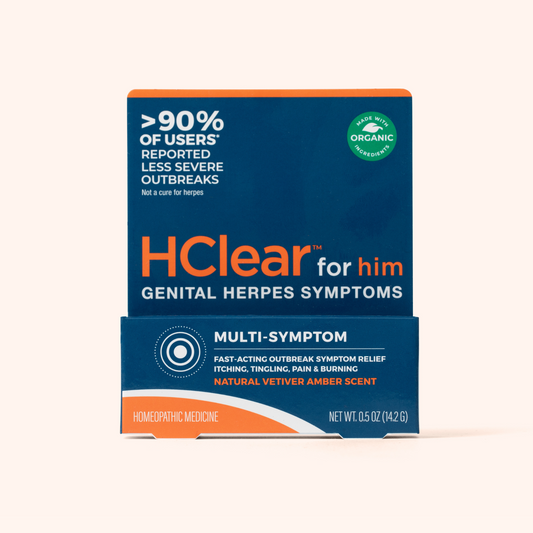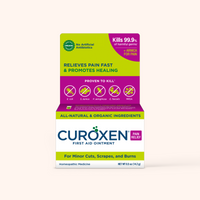Table of Contents
What Triggers a UTI?
Written by Jordan Liffengren Aug 16, 2023

Have you ever found yourself battling yet another relentless urinary tract infection (UTI), questioning, "Why me? What have I done to deserve this?" You're not alone! Many people find themselves in the same boat, confused about the frequent, uncomfortable episodes they have to endure. This blog aims to shed some light on what really triggers UTIs, debunk some myths, and provide you with preventive measures to take control of your health.
What Causes UTIs?
Firstly, understanding the biological mechanics behind UTIs will give you an edge in combatting them. UTIs occur when bacteria enter the urinary tract through the urethra and multiply in the bladder, leading to infection. E. Coli, a type of bacteria that resides in our gut, is responsible for 90% of UTIs.
What Are Common UTI Triggers?
There are several factors that can increase your risk of a UTI. Here are some of the most common triggers:
- Sexual Activity: This tops the list, as it can facilitate the transfer of bacteria into the urinary tract.
- A Previous UTI: Yes, having a UTI leaves your urinary tract compromised and can put you at risk of developing another one.
- Dehydration: Not drinking enough water reduces the frequency of urination, which means bacteria aren't being flushed out of your system as often as they should be.
- Certain Types of Contraceptives: Diaphragms or spermicidal agents can disrupt the balance of bacteria, which may increase your UTI risk.
- Holding Urine for Long Periods: This gives bacteria plenty of time to multiply.
- Menopause: Decreased estrogen levels in postmenopausal women can put the urinary tract at risk of infection.
- Diabetes: People with diabetes have a weakened immune system, making it harder for their bodies to fight off UTIs.
- Bowel Incontinence: Bacteria from feces can easily enter the urinary tract and cause an infection.
By understanding these triggers and implementing preventive measures, you can better manage your UTI risk.
Debunking Myths Around UTI Triggers
Now let's dive into some myths surrounding UTIs. Take condoms, for example. You might have heard people saying that condoms can cause UTIs. The truth is a bit more nuanced. While the condom itself doesn't cause a UTI, the friction generated during sexual intercourse can potentially push bacteria into the urethra. This makes it incredibly important to ensure proper hygiene before and after sex.
Similarly, some people believe that lubricants can cause UTIs. Again, the lube isn't a direct cause, but certain ingredients in it can be problematic. Lubricants containing glycerin, for instance, can promote the growth of bacteria, potentially increasing the risk of a UTI.
Coffee lovers might be wondering about their beloved beverage. While coffee doesn't directly trigger UTIs, it's a known bladder irritant. This means that if you're prone to UTIs, you might find that your symptoms get worse after a cup of joe.
Alcohol is another culprit that often comes under scrutiny. While sipping a cocktail isn't going to cause a UTI, it can lead to dehydration, a known UTI trigger. Alcohol can also irritate the bladder, much like coffee, exacerbating any existing UTI symptoms.
Unfortunately, it is possible to get a UTI from unwashed hands. Fingers pick up bacteria and microorganisms every time they touch a surface. When going to the bathroom or during sexual activity, these germs can be transferred into the urethra, causing an infection.
Finally, let's talk about wiping. We've all heard the adage about wiping from front to back, but why is it so important? Improper wiping, particularly from back to front, can transport bacteria to the urethra. While this action alone won't directly cause a UTI, it's a contributing factor that can make a UTI more likely.
Why Do Some People Get UTIs More Than Others?
You might wonder, "Why do I get UTIs so often?" UTIs are quite common, but they don't affect everyone equally. Certain factors can increase susceptibility to these infections, and understanding these can be a big step toward prevention.
- Gender: Women are significantly more likely to experience UTIs than men. This primarily comes down to anatomy. The female urethra is shorter and closer to the anus, making it easier for bacteria to reach the bladder.
- Age: As women age, changes in their urinary tract make UTIs more likely. After menopause, the decrease in estrogen levels can cause changes in the urinary tract that make it more vulnerable to infection.
- Sexual Activity: Sexually active women tend to have more UTIs than women who aren't as sexually active. Also, having a new sexual partner can increase a woman's risk.
- Birth Control: Some types of birth control, like diaphragms or spermicides, can increase a woman's risk of getting a UTI.
- Blockages in the Urinary Tract: Kidney stones or an enlarged prostate can trap urine in the bladder and increase the risk of UTIs.
- Weakened Immune System: Conditions that dampen the immune system, like diabetes, can increase the risk of UTIs. Also, those who are undergoing treatment that suppresses the immune system are more susceptible to infections, including UTIs.
- Urinary Tract Abnormalities: Babies born with urinary tract abnormalities that don't allow urine to leave the body normally or cause urine to back up in the urethra have an increased risk of UTIs.
By recognizing these factors in our own lives, we can become more vigilant about taking steps to prevent and treat UTIs. For many of us, we may not be able to change these factors, but we can adopt preventive strategies and maintain an open dialogue with our healthcare providers to manage our risk.
How to Prevent UTIs
Everyday Practices
Stay ahead of UTIs by adopting healthy practices: Hydrate frequently, practice good hygiene, especially around sexual activity, and choose contraceptives wisely.
Dietary and Lifestyle Changes
Incorporate UTI-friendly foods into your diet, like cranberries, blueberries, and probiotics. Avoid bladder irritants like caffeine and alcohol.
Supplementing Your Routine with NEW Infection Protection
Meet your new best friend in the fight against UTIs: our revolutionary Infection Protection UTI Vulva Cream. Crafted with care and scientific precision, this tool guards against these persistent infections.
A Revolutionary Step in UTI Management: FemiClear's Infection Protection UTI Vulva Cream
Avoiding UTIs involves a comprehensive approach that combines lifestyle changes, good hygiene practices, and, now, a game-changing (or better yet, vacation-saving) UTI product designed to combat UTI-causing bacteria before they become a problem.
Meet FemiClear's Infection Protection UTI Vulva Cream, designed to address the bacterial causes of UTIs, providing an additional layer of protection against these common infections.
But how does it work? This cream targets harmful bacteria like E. coli, the cause of approximately 90% of UTIs, and eliminates them before they can trigger an infection. Plus, its natural and organic formula makes it gentle on your skin and suitable for frequent use.
By understanding the true triggers of UTIs and taking proactive steps to stop them, you can significantly reduce the risk and frequency of UTIs. Remember, vigilance about UTI triggers, and proactive measures towards your urinary health are your best defense!
Written by Jordan Liffengren Aug 16, 2023

UTI Infection Protection Vulva Cream
Stop infection before it starts
Learn More